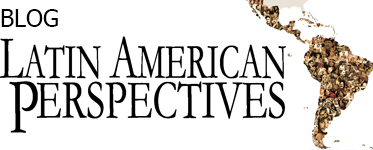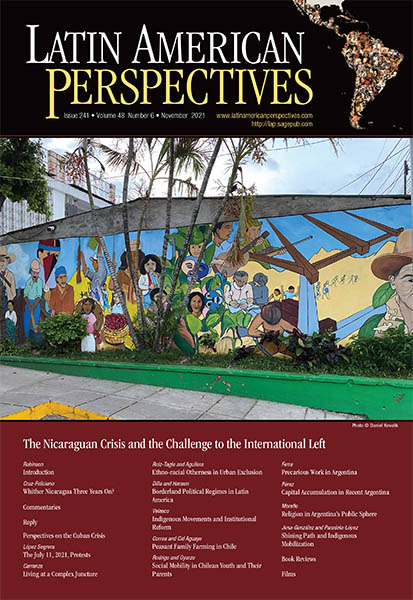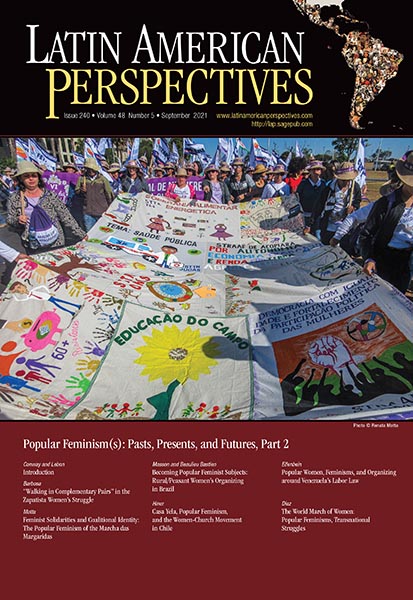Political Report 1464 – Nicaragua: Chronicle of an Election Foretold
by LAP Editor, William I. RobinsonPosted by NACLAWith seven opposition presidential candidates imprisoned and held incommunicado in the months leading up to the vote and all the remaining contenders but one from miniscule parties closely allied with President Daniel Ortega and his Sandinista National Liberation Front (FSLN), the results of Nicaragua’s November 7 presidential elections were a foregone conclusion. The government declared after polls closed that Ortega won 75 percent of the vote and that 65 percent of voters cast ballots. The independent voting rights organization Urnas Abiertas, meanwhile, reported an abstention rate of approximately 80 percent and widespread irregularities at polling stations around the country.The vote was carried out in a climate of fear and intimidation, with a total absence of safeguards against fraud.The vote was carried out in a climate of fear and intimidation, with a total absence of safeguards against fraud. In a complete breakdown of the rule of law, Ortega carried out a wave of repression from May to October, leading the opposition to issue a joint statement on October 7 calling for a boycott of the election. Several dozen opposition figures—among them, presidential candidates, peasant, labor, and student leaders, journalists, and environmentalists—were arrested and detained without trial, while [...]





